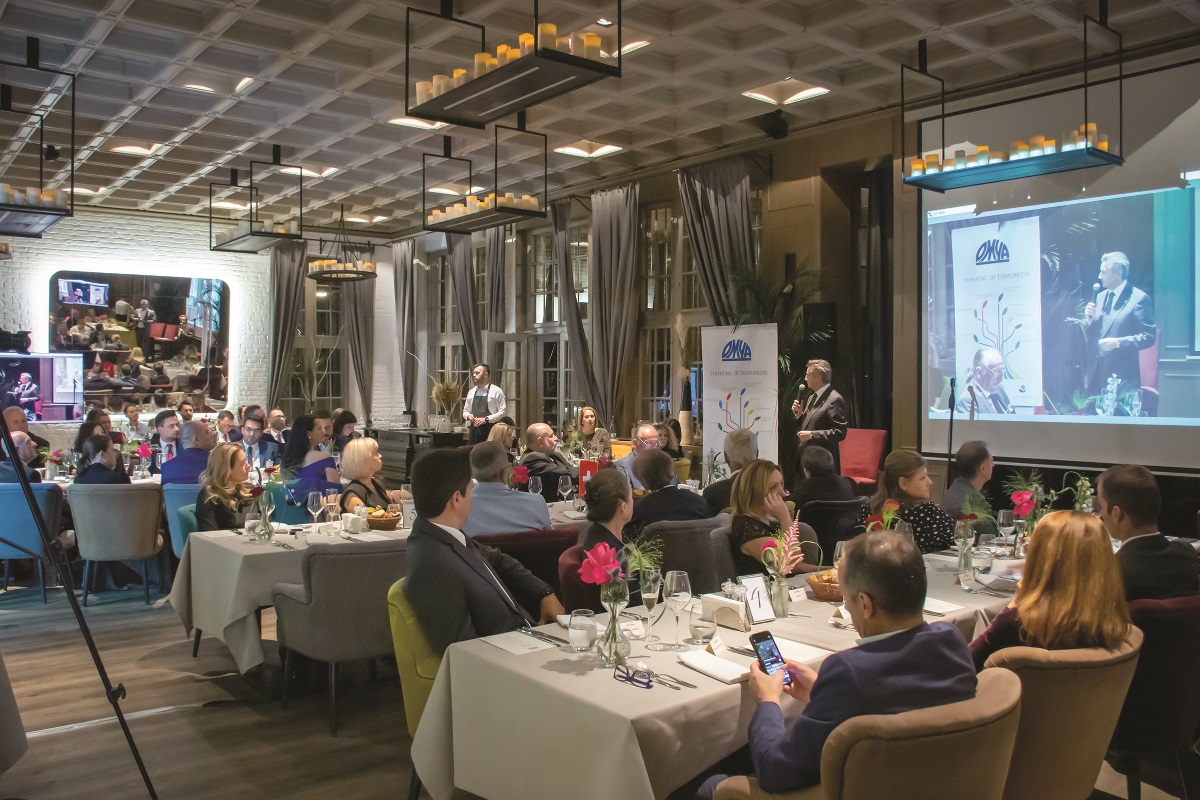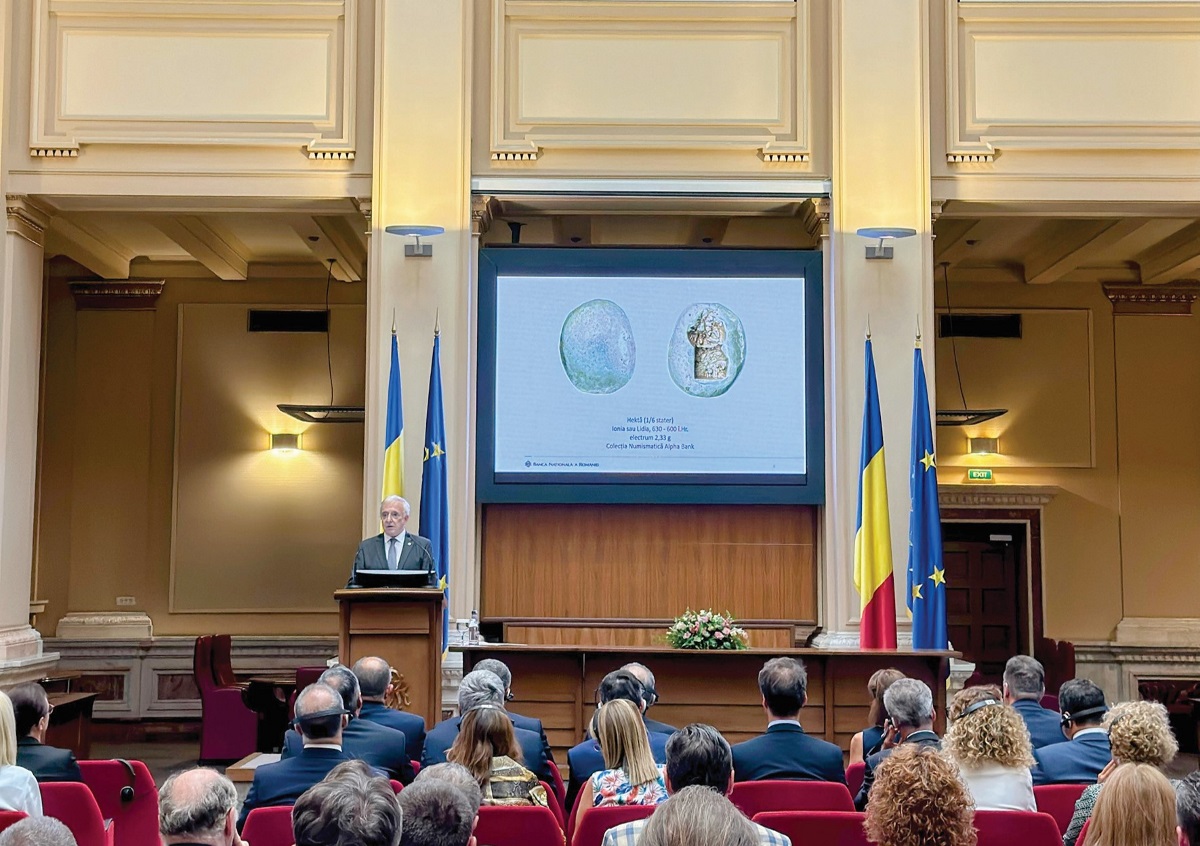
Home office is killing company culture
Foto: 06photo / depositphotos.com
During the pandemic, we discovered working from home. Meetings were held digitally, and physical meetings were the exception. Now, after Corona, we witness a vivid discussion about how many days a week employees should come back to the office.
Enthusiasm for returning to the old style of working in offices is rather low. We got used to the privileges of working remotely: no more lost time due to commuting, more flexibility in how and when I do the work, and less time to dress up for meetings; often times these past few years, even the dress code – yes, it is part of our corporate game – online has really dropped below a tolerable threshold and we even switched off the cameras, which is not really a sign of being 100% present.
So far, so good. From the company’s point of view, the situation, if it persists, represents a huge problem. Let’s take a closer look at this issue together.
A company has different types of work to offer; there are repetitive, creative and relational activities such as leadership and supervision. It is obvious that repetitive work like reporting, accounting, planning can easily be done through remote working. We will probably see more attempts to increase the share of remote working in the future. But remember that a company is more than standardizable bundles of outsourced work units. What about production, creativity, what about leadership, vision and making company values alive? Here we have a problem. A remote worker is more detached from all this.
If we go back to the basics of human behavior, the vast majority of us participate in some type of group activity. Yes, the family is a group activity too, so are collective sports, and so far companies played an important role in this as well. Humans are social beings and need to share with others. They also do projects with others and can achieve more when being in a group. It also gives us the feeling of belonging.
A group in action is more than just the sum of individual contributions. It is a collective process which creates dynamics, excitement and ideas. I doubt this will ever be achieved in the virtual space. Company culture can only come alive when it is practiced in a tangible matter, with experiences to share. A company based only on bits and pieces delivered from everywhere without being lived is soon dead. Where should the motivation to go the extra mile come from if everyone is detached from the core?
As a coach, I was often thinking about the difference between online and physical coaching. After 3 years I realized that the energy is better flowing when you have the person in front of you. The view is holistic, you grasp more from a person than just the words. The quality of relationships in the “real world” is much more intense and authentic. It is like the bubbles in the champaign glass. Virtual communication alone limits human expressions and empathy, the spark cannot emerge. Yes, interactions are not always nice and sometimes we have conflicts to solve face to face. But this is part of our human growth and has much more value than standing behind the screen and getting dull.
If your company needs dynamism, creativity and a competitive edge, you need your guys around in the office. Maybe the future workforce will fall into two parts of people: one part delivering well defined, standardizable products from wherever they want, and the other will drive the company and hold it together. Don’t we have around us collaborators who like standardized regular work, without more commitment to go beyond that, and there are others who want to participate more, get more involved?
Like every collective activity, to keep a company running requires effort. But the reward is far greater than the work itself and lies in belonging to something bigger and the sense of common purpose.
Dr. Michael Schroeder
michael.schroeder@linarson.com
Share
Share















